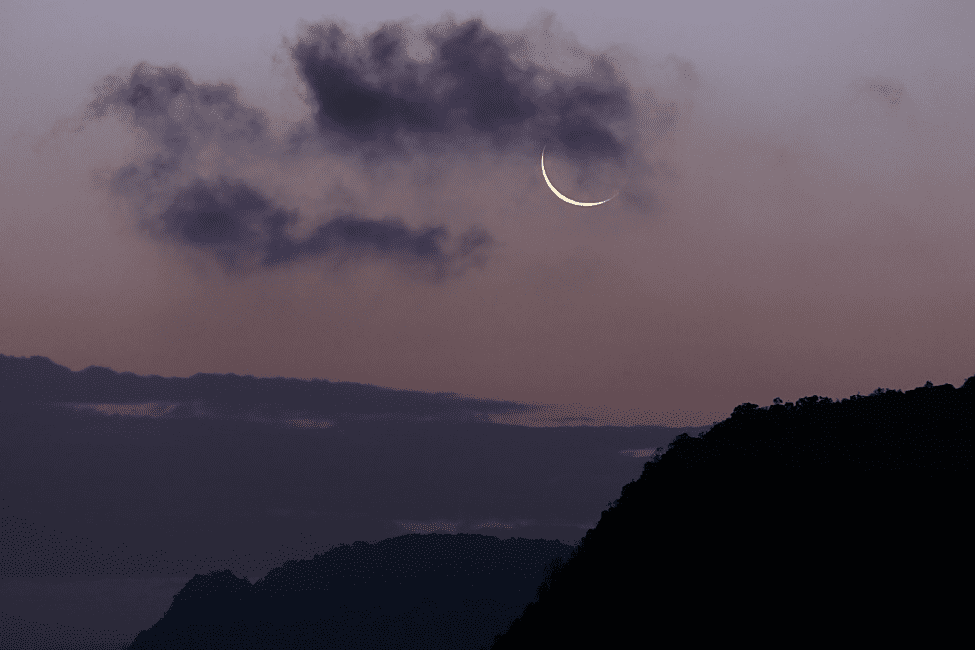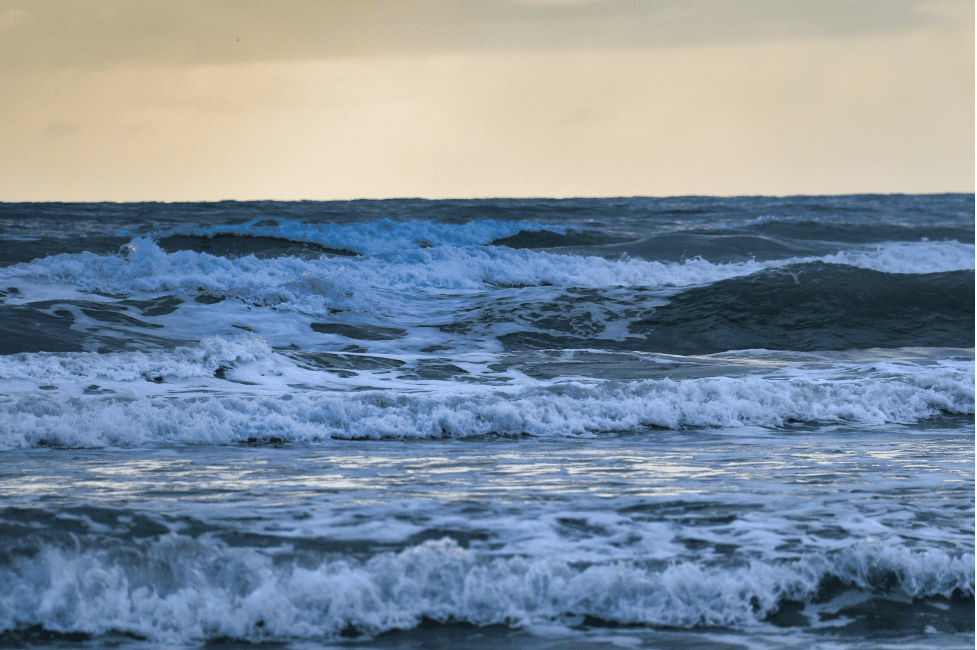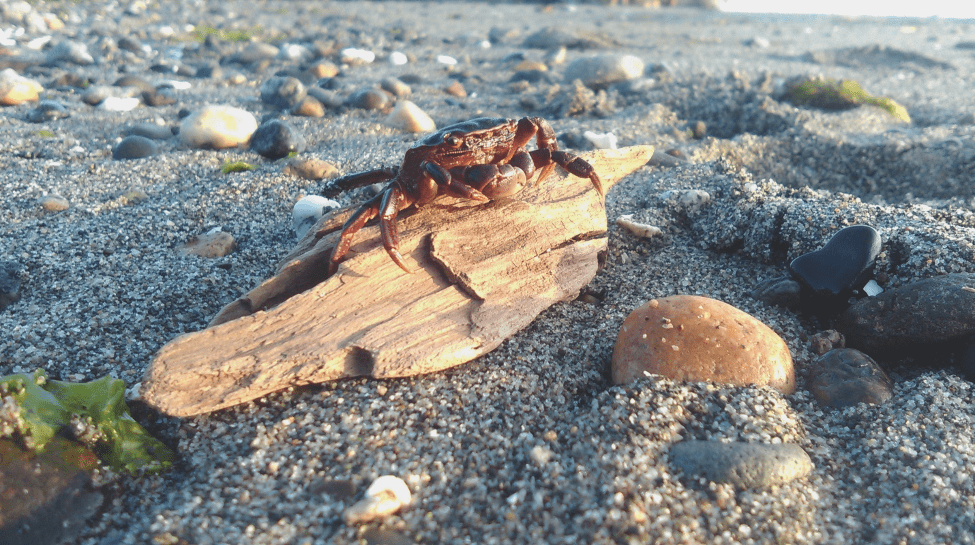Isn’t it so relaxing, lying in the grass and just appreciating the beauty of the moon? Everyone has at least once stopped in their tracks to catch a photo of the night sky just because it looked so aesthetically mesmerizing and beautiful.
While many people stay up late just to enjoy the moonlight, very few ever wonder what would happen if the moon no longer existed. Apart from the moral panic, there’s a lot that can potentially go wrong.

Pexels | Unlike what you thought, the moon isn’t all about orbiting the Earth and being a light source at night
Can That Even Happen?
Before we break down the science and list every unwelcome outcome of a moon-less world, answer this: do you think that the moon can one day disappear? If you said no, think again. The moon is actually moving away from the Earth. According to scientists, the moon drifts 1.5 inches away from the Earth every year. Not only that, the Earth’s rotation continues to slow down, making the days gradually longer. The moon doesn’t seem to be going anywhere anytime soon but maybe in a couple hundred million years, it just might disappear. So, what would actually happen if there is no moon?

Pexels | Tides are caused by the gravitational pull from the moon
A Sky Without the Moon
Well, the first thing that you are going to have to deal with is extremely dark nights, but the stars will be far more visible than they were before, so it may be not too bad for star-gazing fans. This might seem harmless but the moon is more than just a light source in the night sky. It also influences the tides.
Scientists speculate that without the moon, both low and high tides would shrink by 75%. While this may not affect humans directly, it will threaten the lives of sea creatures like crabs, mussels, and sea snails which live in the tidal zone. Since their habitat will be disrupted, they will begin to die off, which will greatly affect the health of larger animals that rely on these creatures as a food source. Needless to say, this might lead to a great decrease in the animal population on sea and land.

Pexels | Changes in the tides will start a chain reaction that would kill the ecosystem
The tides and the changes in the tidal current will also lead to another issue: a change in the weather. Tides and currents balance the temperatures in different climates as they aid the mixing of cold arctic waters with warm waters in the tropical zones. Once that cycle is disturbed, weather prediction would be almost impossible, and temperature changes in the hottest and coldest place on the planet could shoot to life-threatening extents.
The moon is more than just an average piece of rock orbiting our planet. It is crucial for the survival of all species on Earth and important to maintain the balance that helps the Earth function properly.








